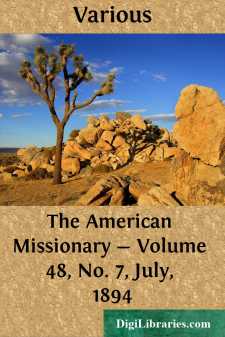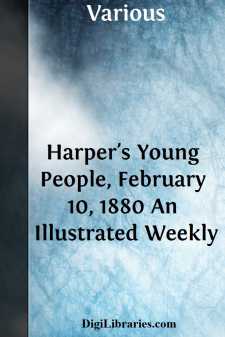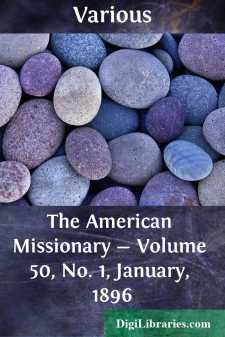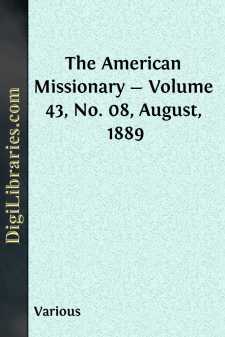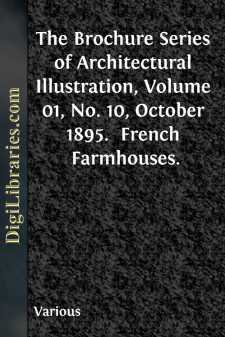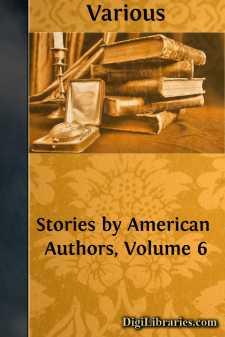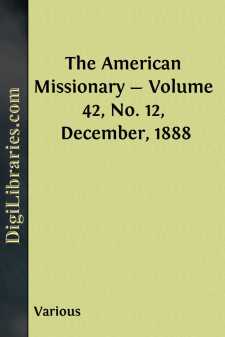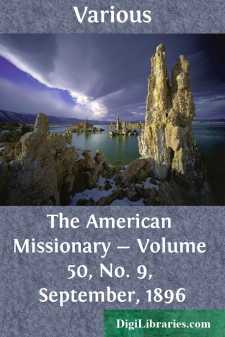Categories
- Antiques & Collectibles 13
- Architecture 36
- Art 48
- Bibles 22
- Biography & Autobiography 813
- Body, Mind & Spirit 142
- Business & Economics 28
- Children's Books 17
- Children's Fiction 14
- Computers 4
- Cooking 94
- Crafts & Hobbies 4
- Drama 346
- Education 46
- Family & Relationships 57
- Fiction 11829
- Games 19
- Gardening 17
- Health & Fitness 34
- History 1377
- House & Home 1
- Humor 147
- Juvenile Fiction 1873
- Juvenile Nonfiction 202
- Language Arts & Disciplines 88
- Law 16
- Literary Collections 686
- Literary Criticism 179
- Mathematics 13
- Medical 41
- Music 40
- Nature 179
- Non-Classifiable 1768
- Performing Arts 7
- Periodicals 1453
- Philosophy 64
- Photography 2
- Poetry 896
- Political Science 203
- Psychology 42
- Reference 154
- Religion 513
- Science 126
- Self-Help 84
- Social Science 81
- Sports & Recreation 34
- Study Aids 3
- Technology & Engineering 59
- Transportation 23
- Travel 463
- True Crime 29
Sort by:
by:
Various
FINANCIAL. In some respects our report is favorable. Our receipts for the eight months ending May 31st are $18,487.18 more than for the same period last year. If the Association had received funds from the Government this year for the eight months, $10,127.95, the receipts would have been 28,615.13 more than last year. The payments for the eight months have been $11,315.16 less than last year. With...
more...
by:
Various
AMERICAN ANTIQUITY. The results of the past ten or fifteen years in historical investigation are exceedingly mortifying to any one who has been proud to call himself a student of History. We had thought, perhaps, that we knew something of the origin of human events and the gradual development from the past into the world of to-day. We had read Herodotus, and Gibbon, and Gillies, and done manful duty...
more...
by:
Various
MODERN TYPES. (By Mr. Punch's own Type Writer.) No. XX.—THE DIVORCÉE. The Court over which Sir JAMES HANNEN presides was instituted for the purification of morals by the separation of ill-assorted couples. Matrimonial errors, which had hitherto stood upon the level of political grievances, capable of redress only after the careful and unbiassed attention of British legislators had been, at much...
more...
by:
Various
OLD FATHER TIME. "Professor," said May, turning on the sofa where she was lying, "Jack has brought me a calendar that runs for ever so many years. You know the doctor says I'll not be well for two whole years, or perhaps three. I have been wondering what month among them all I shall be able to run about in; and then I began to think who could have made the first calendar, and what led...
more...
by:
Various
1846. THE NEW YEAR. 1896. Eighteen Hundred and Ninety-six brings in the Jubilee Year of the American Missionary Association. What marked changes have taken place between 1846 and 1896, even in the range of events with which the Association is connected! Then the great gold discoveries in California had not been made; then little was done by the Church or the Government for the Indian; then the Southern...
more...
by:
Various
American Missionary Association. The next Annual Meeting of the American Missionary Association will be held in Chicago, Ill., at the New England Church, commencing at three o'clock Tuesday afternoon, October 29th. Rev. R.R. Meredith, D.D., of Brooklyn, N.Y., will preach the sermon. Details regarding the reception of delegates and their entertainment, together with rates at hotels, and railroad...
more...
by:
Various
FRENCH FARMHOUSES. As it is the purpose of THE BROCHURE SERIES to cover as wide a field as possible in choice of subject matter for its illustrations, and at the same time hold rigidly to the idea of furnishing only what will be useful to its subscribers, it has seemed desirable to present something a little nearer our everyday life than the Italian work which has thus far formed the greater part of...
more...
by:
Various
THE VILLAGE CONVICT. "Wonder 'f Eph's got back; they say his sentence run out yisterday." The speaker, John Doane, was a sunburnt fisherman, one of a circle of well-salted individuals who sat, some on chairs, some on boxes and barrels, around the stove in a country store. "Yes," said Captain Seth, a middle-aged little man with earrings; "he come on the stage to-noon....
more...
by:
Various
COMMUNICATIONS Relating to the work of the Association may be addressed to the Corresponding Secretaries; letters for "THE AMERICAN MISSIONARY," to the Editor, at the New York Office. DONATIONS AND SUBSCRIPTIONS In drafts, checks, registered letters, or post-office orders, may be sent to H.W. Hubbard, Treasurer, 56 Reade Street, New York, or, when more convenient, to either of the Branch...
more...
by:
Various
UP TO DATE. For the first ten months of our current fiscal year our expenditures have been $53,000 less than for the corresponding ten months three years ago. They are $37,000 less than for the first ten months of the next year. They are $13,000 less than last year. These facts indicate the severity of our retrenchments. We have most earnestly hoped for such a large increase of benefactions as would...
more...


